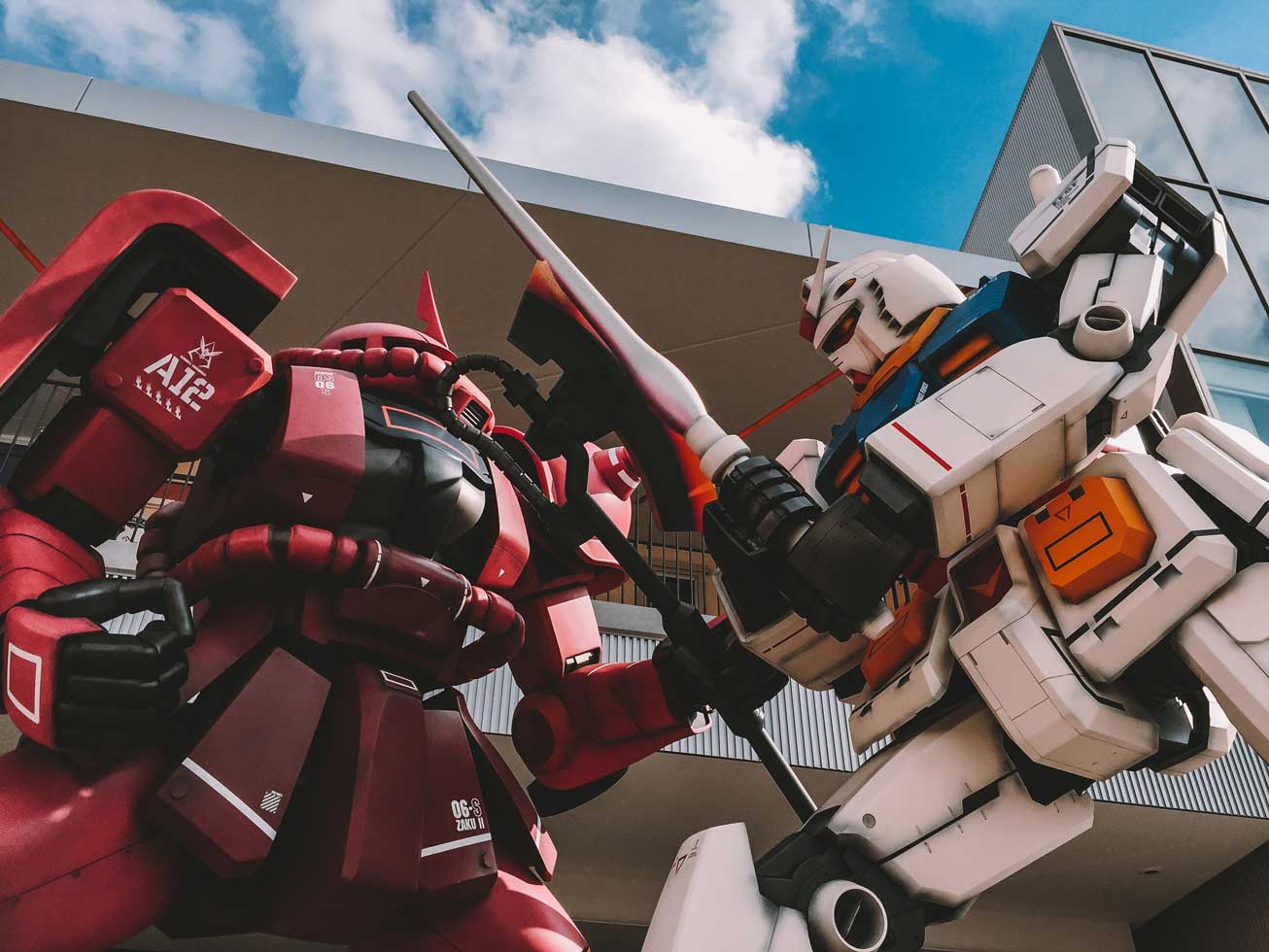Diving Deep into Overwatch Coaching: The New Frontier in Esports Engagemen


In recent years, esports has seen an exponential growth that has caught the attention of both commercial and academic communities. Among the many games contributing to this surge, Overwatch, developed by Blizzard Entertainment in 2016, stands as a monumental figure. The game’s global appeal is evident, boasting over 40 million individual players and an international professional league that spans across continents, from North America to Asia. But what makes Overwatch stand out from the crowd, and what is the role of an Overwatch coach in this emerging ecosystem?
A recent study titled “Modes of Esports Engagement in Overwatch” by Ruotsalainen, Törhönen, and Karhulahti in 2022 delves deep into these questions. This article aims to shed light on some of the crucial insights from this study, especially focusing on Overwatch coaching.
Overwatch: More Than Just a Game
Overwatch isn’t just a first-person shooter game; it has evolved into a cultural, social, and economic behemoth in the esports realm. With an annual international World Cup and a franchised professional league, the game offers multifaceted perspectives on the rising significance of esports in our society.
The professional dimension of Overwatch is where the significance of an Overwatch coach comes into play. Much like traditional sports, where coaches play a pivotal role in a team’s success, in the realm of Overwatch, the coach’s role is becoming indispensable.
The Role of an Overwatch Coach
As the game’s dynamics are complex and ever-evolving, an Overwatch coach doesn’t merely impart technical skills. They delve into strategy, teamwork, and even delve into players’ psychological aspects. They work closely with players to help them adapt to new patches, optimize their roles, and above all, foster a cohesive team environment.
While individual skills are crucial, Overwatch is a game that relies heavily on teamwork and strategy. A good Overwatch coach recognizes this and works diligently to ensure not only individual player growth but also team growth.
The Rise of Overwatch Coaching
Ruotsalainen and colleagues’ study underscores the shift in the esports paradigm. No longer is it sufficient to label esports as a “novel phenomenon.” With over a thousand studies on the subject, including books and special issues, the focus has narrowed down to specific case studies.
This is where the relevance of Overwatch coaching becomes even more pronounced. As the game operates both as an esport and a general entertainment product, understanding the nuances becomes critical. With players aiming to make a mark in professional leagues and tournaments, quality coaching stands as the linchpin for success.
Overwatch’s Dual Nature
One of the salient features of the game, as highlighted in the study, is its dual nature. Overwatch operates both as an esport, with professional leagues and tournaments, and as a general entertainment product for millions of casual gamers globally. Balancing this dual nature is a challenge that developers, players, and especially coaches, face.
For an Overwatch coach, this means understanding not just the competitive landscape but also the broader context in which the game operates. They need to be attuned to shifts in the game’s meta, changes made by developers, and the broader trends in the Overwatch community.
Conclusion
Overwatch, as a flagship title in the esports world, offers a glimpse into the future of competitive gaming. Overwatch coaching, in this context, emerges as a critical component for players and teams aiming for glory. As esports continues its upward trajectory, one thing is certain: the role of the coach in games like Overwatch will only become more pivotal.
Whether you’re an aspiring player or someone interested in the esports ecosystem, understanding the intricacies of Overwatch coaching and its significance is crucial. After all, as the world of esports grows, so does the need for experts who can guide players to victory.